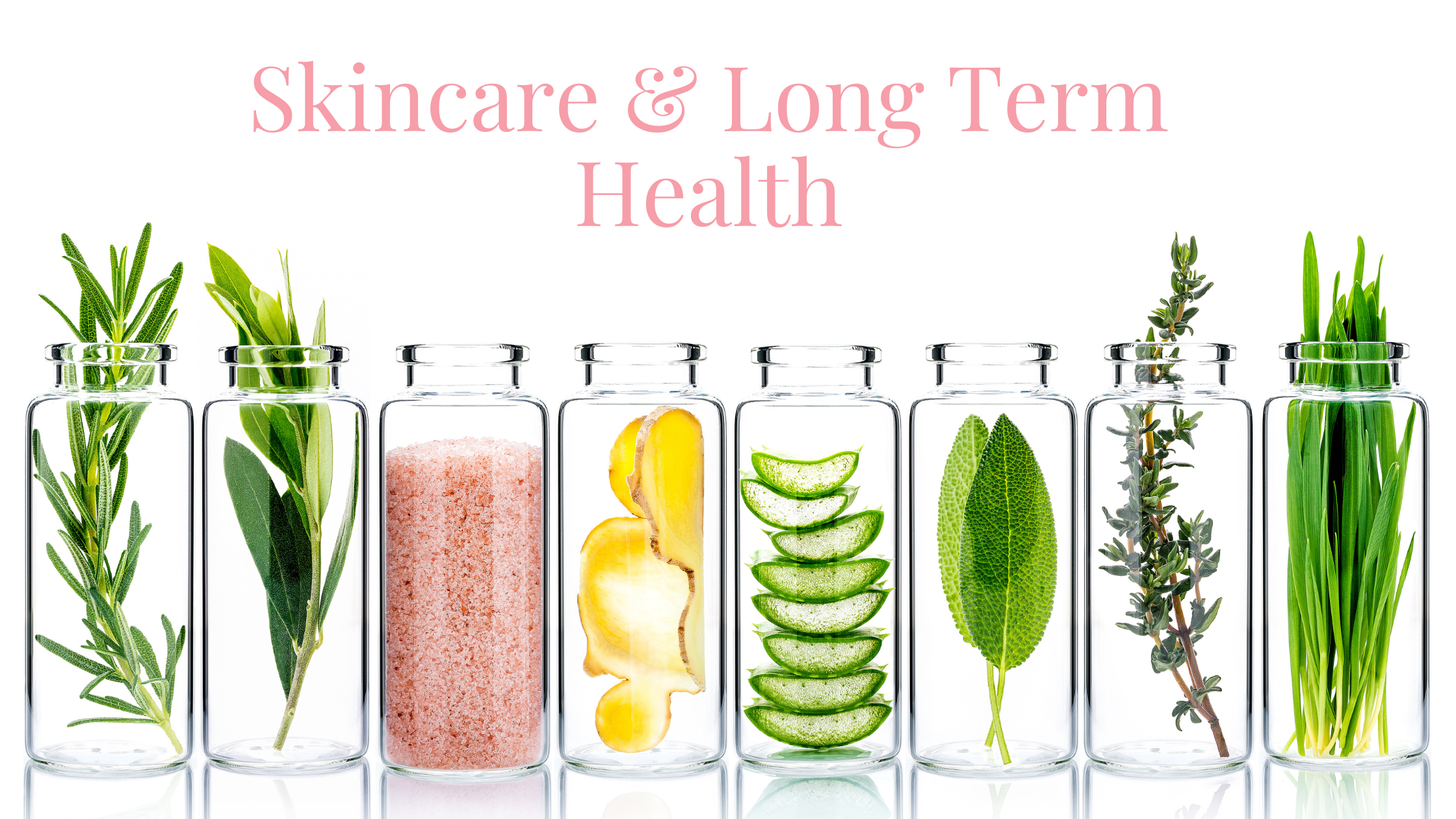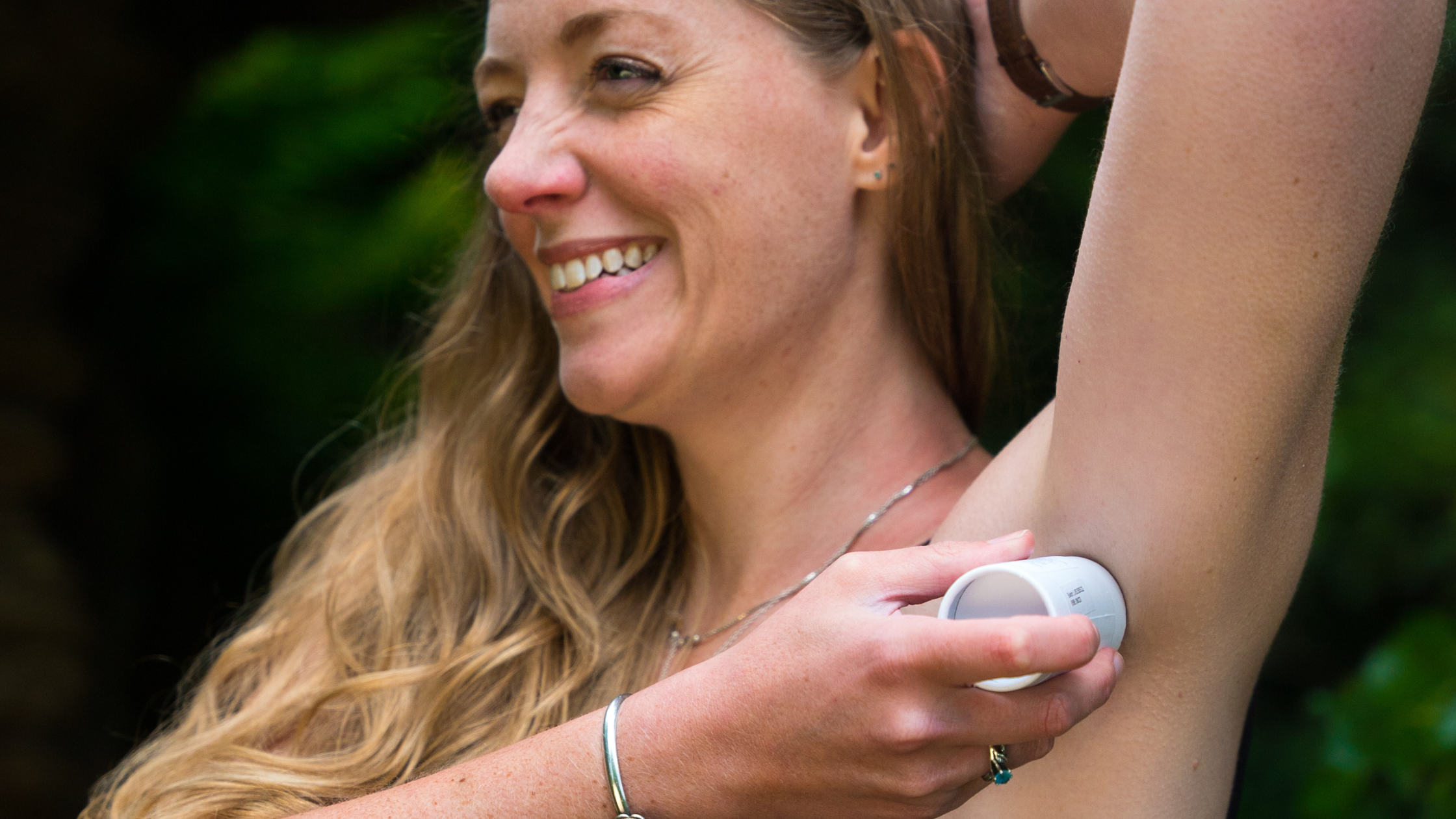
😰 The Effects of Stress on Your Skin — And What You Can Do About It
How Stress Affects Your Skin (And How to Fix It)
The Effects of Stress on Your Skin — And What You Can Do About It
Stress — whether it’s work, family, or simply life in general — can leave more than just mental strain behind. If your skin suddenly feels dull, dry, breakout-prone or sensitive when you’re overwhelmed, you’re not imagining it. Let’s break down what’s happening beneath the surface, debunk a few myths, and look at how to protect your skin when stress strikes.
How Stress Affects Your Skin
Stress triggers a surge of cortisol, your body’s main stress hormone. In small bursts, cortisol is helpful — but long-term stress can seriously affect your skin’s health and appearance.
Here’s what elevated cortisol can do:
-
Increase Oil Production: More oil = more clogged pores and breakouts.
-
Promote Inflammation: Skin conditions like eczema, psoriasis and rosacea may worsen.
-
Slow Healing: Skin takes longer to recover from irritation, blemishes or cuts.
-
Break Down Collagen: Over time, this leads to fine lines, dullness and sagging.
-
Weaken the Skin Barrier: Your skin may feel dry, tight, and more sensitive to products or pollution.
Common Myths About Stress and Your Skin
Myth 1: Stress causes acne
Stress doesn’t directly cause acne, but it can trigger flare-ups or worsen existing conditions. Plus, stress-related habits like skipping skincare or touching your face make it worse.
Myth 2: You’ll age overnight after a stressful week
No, you won’t wake up with a new wrinkle every time you’re late for a meeting. But over time, chronic stress can accelerate the ageing process by damaging collagen and reducing skin repair.
Myth 3: A stress-relief serum will fix everything
Skincare helps, but it’s not magic. You also need to manage your stress from the inside out — lifestyle habits, diet and sleep matter just as much as what you put on your face.
Tips for Stress-Proofing Your Skin
1. Stick to a routine
Your skin loves consistency. Use products with calming ingredients like aloe vera, chamomile, and niacinamide — all of which support the skin barrier and reduce inflammation.
💧 Try our Rejuvenating Face Cream and Sleep Balm for a calming, natural boost.
2. Stay hydrated
Drink plenty of water, and use a good moisturiser to keep your skin plump and protected.
3. Prioritise sleep
Your skin regenerates while you sleep — aim for 7–9 hours to give it a chance to heal and refresh.
4. Manage stress
Walks, deep breaths, meditation, dance parties in the kitchen — whatever helps you unwind, do more of that. Your skin (and brain) will thank you.
5. Eat for your skin
Nourish from the inside out with antioxidant-rich foods: berries, leafy greens, nuts, and oily fish.
6. Use skin-loving natural ingredients
Look for gentle, plant-based ingredients like:
-
Rosehip Oil – brightens and repairs
-
Argan Oil – balances and moisturises
-
Sea Buckthorn – packed with antioxidants
-
Shea Butter – softens and protects
-
Chamomile & Aloe Vera – soothe redness and irritation
🌿 You’ll find all of these in our Puremess Skincare Range — designed to support stressed-out, sensitive skin.
7. Know when to get help
If your skin’s really struggling, it’s worth chatting to a dermatologist — especially if stress is triggering flare-ups that won’t budge.
Final Thoughts
Stress might be part of life, but it doesn’t have to show up on your face. With a little care (and a lot of kindness), your skin can stay strong, radiant and resilient — even when life’s throwing curveballs.
✨ Be gentle with your skin, especially when everything else feels a little too much. You’ve got this.


